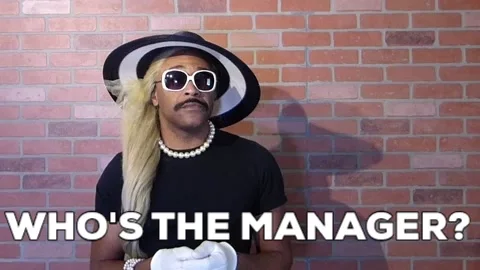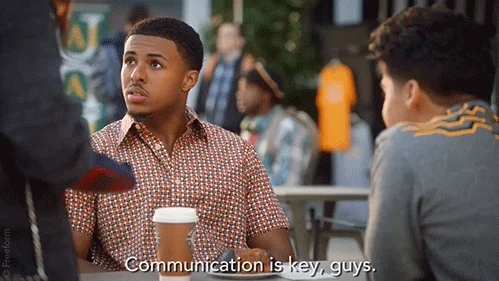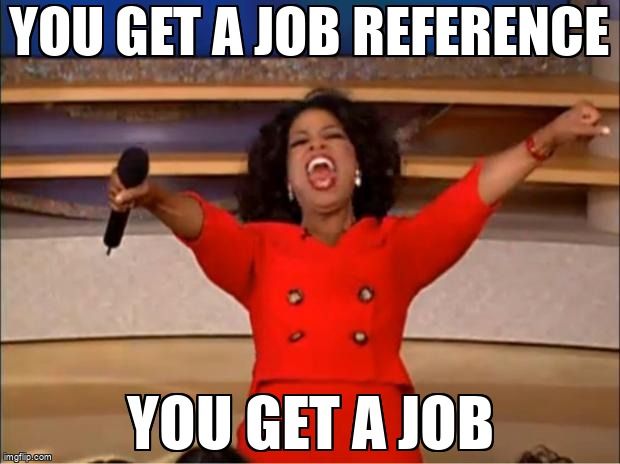You've almost landed the perfect new job! After the final round of interviews, the recruiter asks you for one last step: 2 to 3 professional references.

Instead of panicking, narrow down the best options for people to list as references on your job application.
1. People who know you well
In considering the ideal candidate to provide a job reference for you, it's important to choose someone who has a positive opinion of you and knows you fairly well.

Rule of Thumb:
Your references should know you professionally, not just personally. Our friends and family members are biased, making them an inappropriate choice.
Exception:
If the hiring manager asks you specifically for a character reference (someone who can speak to your personality, not your work ethic), you can consider asking a friend.
Quiz
Which of the following is the best choice as a professional reference?
2. People who know you in a variety of roles
Once you've narrowed down a list of professionals who view you positively, consider the capacity in which they know you. Choosing people who know you in a variety of roles for your reference list will give the hiring manager a well-rounded perspective of your abilities.

Select a variety of:
Supervisors
A supervisor can speak to your work ethic and how your employment has benefitted the team or the organization as a whole.
Colleagues
A colleague can describe your strengths (or weaknesses!) in the workplace and attest to any ways you've been helpful to them personally.
Direct Reports (if you have any)
A direct report can provide insight into your leadership style and ability to delegate.
3. People who can endorse your skills
Think about the people you've worked with who can best speak to your strengths when it comes to both hard and soft skills required for the specific job.
Hard Skills: Technical
computer programming
language fluency
marketing
data analysis
engineering
web design
budgeting
Soft Skills: Interpersonal
communication
teamwork
leadership
organization
empathy
flexibility
critical thinking

Make sure the people you choose can also back up your job title, experience, and achievements as listed on your resume. Your references should merely corroborate the traits you've already portrayed in the interviews.
Quiz
A hiring manager asks you reference about your soft skills. Which of the following characteristics would NOT be included in that conversation?
4. People who can communicate clearly
Arguably the most important consideration to make when creating a list of references for a job is to choose clear communicators.
Even if someone knows you well and thinks highly of you, it means nothing if they can't express themselves in an understandable manner.

Consider people who:
speak the language fluently
are professional when speaking or writing
use proper writing conventions (grammar, punctuation, etc.)
can express their ideas concisely
are relatively tech-savvy (particularly for computer-based references)
5. People who are willing
It's extremely important to first ask a person for permission before listing their contact information as a job reference.
 Photo by The Jopwell Collection on Unsplash
Photo by The Jopwell Collection on UnsplashThis will give your reference a chance to prepare for what they'll share about you, which ultimately helps your chances of landing the job.
Here is an article from Indeed with suggestions for how to ask someone to serve as your reference.
Take Action

Your feedback matters to us.
This Byte helped me better understand the topic.
